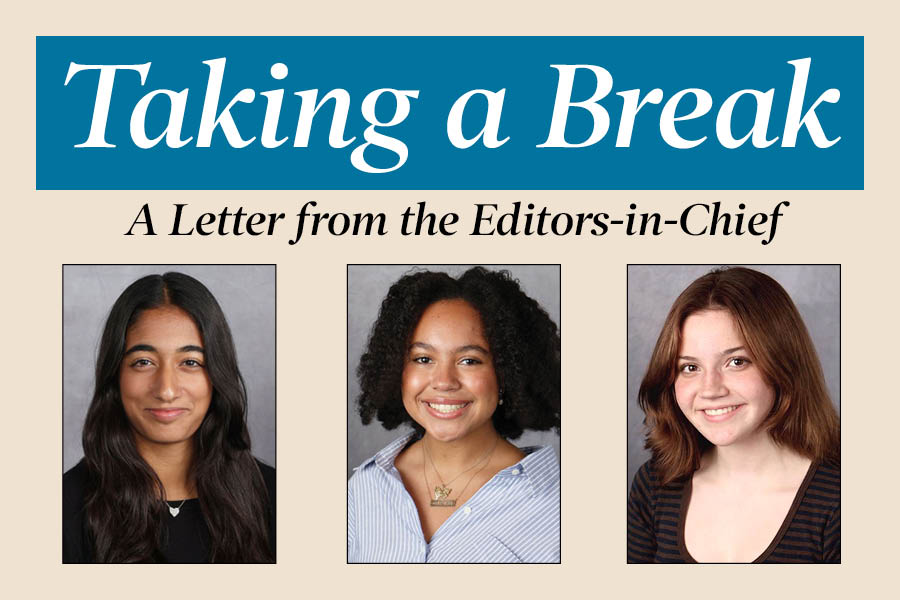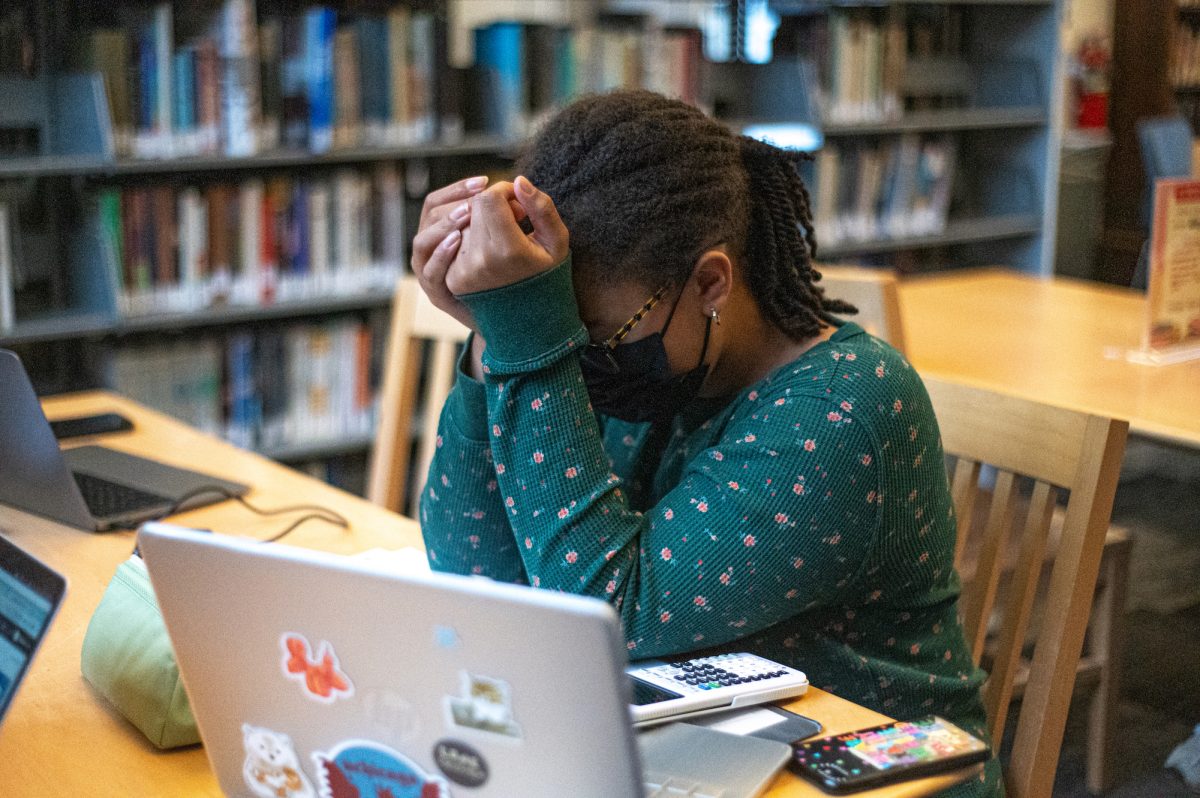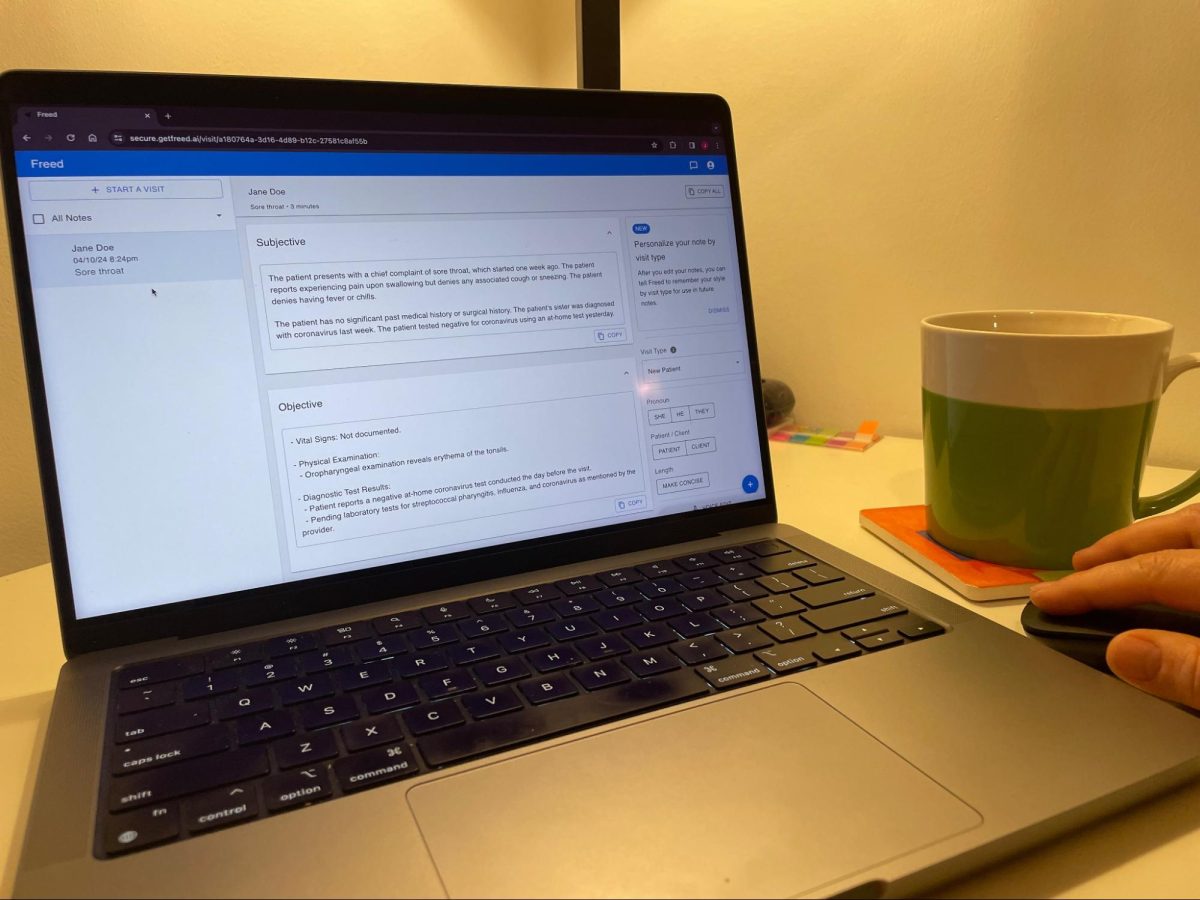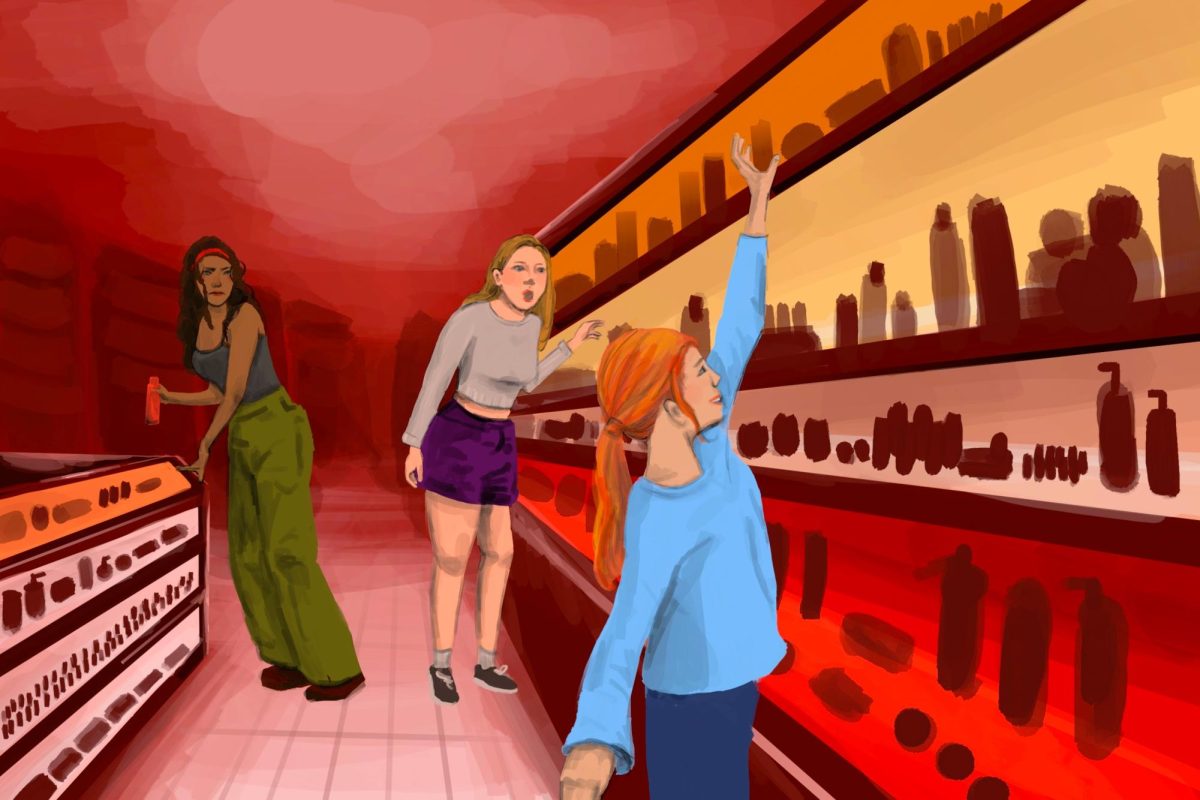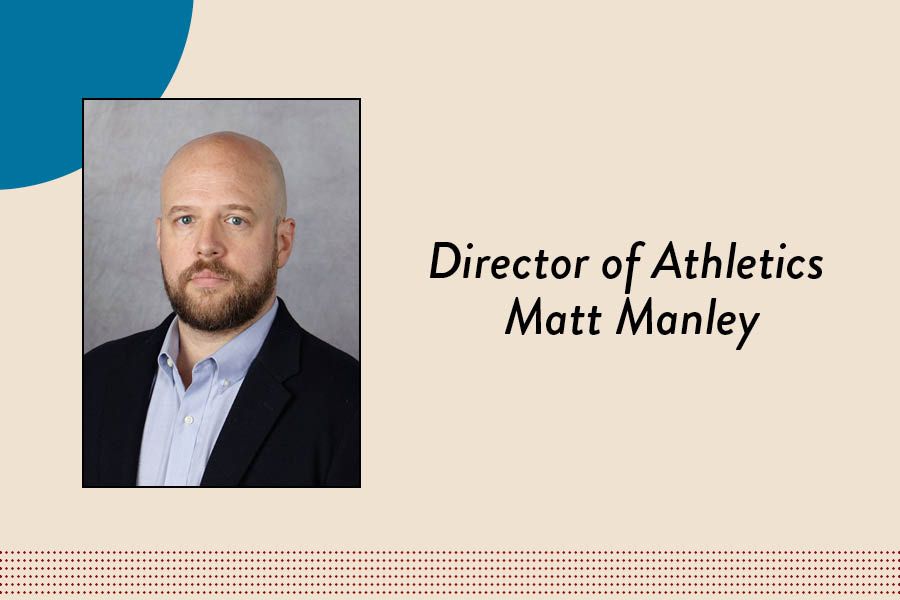It’s in hallways. It’s in the classroom. It’s U-High’s open secret: stress permeates student life.
But the consequences are far less recognized — and more serious. Day by day, stress is undermining our life spans.
Stress is an inevitable part of life. Still, experts say that understanding the long-term effects of chronic stress and finding methods to cope with stress are essential.
Josh Kellman, clinical associate of psychiatry and behavioral neuroscience at UChicago Medicine, said that there is a threshold for how much stress is too much. He uses a prehistoric analogy to refer to sources of stress: a saber-toothed tiger.
“I think that stress is not necessarily our enemy,” Dr. Kellman said. “But there is such a thing as too much stress or too much anxiety for a situation. That’s identified in psychiatric language as an anxiety disorder. It’s like the saber-toothed tiger is there, but actually, there’s no saber-toothed tiger.”
In recent reports, national health experts have said that stress is what explains why Americans have shorter life expectancies than people in other countries with similar economic resources. Stress, these experts say, sets off a physiological reaction that sends hormones like cortisol into the bloodstream and may ultimately cause what experts describe as a “weathering” process that can age the body.
“There are problems if you have chronic cortisol levels that are high,” Dr. Kellman said, “that does in fact lead to certain physiologic problems, cardiovascular issues, hypertension.”
Granted, Dr. Kellman said, cortisol still plays a crucial role in our functioning as humans evolutionarily. For example, the hormone triggers your autonomic nervous system: the fight-or-flight response.
“When the tiger runs out of the cage, you don’t even have to think about it: you run. Before that’s going to happen, you have a massive cortisol release and cortisol activates the sympathetic part of the autonomic nervous system, which triggers this fight-or-flight reaction. You just run up the tree,” Dr. Kellman said. “That’s the adaptive function of cortisol.”
Dr. Kellman said that trauma and long-term stressors have a huge role in subsequent cortisol releases.
“That is part of the risk of trauma and lasting, elevated cortisol levels — it’s that it makes you kind of hyper vigilant,” Dr. Kellman said. “It’s adaptive if there’s a saber-toothed -tiger there, but if there’s not, you know, it’s maladaptive.”
At a moment when technology is so central to life, Jennifer Wildes, another associate professor of psychiatry and behavioral neuroscience at UChicago Medicine, believes that stress is even more prevalent now.
“We just move at a much faster pace than we did historically,” Dr. Wildes said. “I think we’re under a lot more pressure to multitask, which just increases level of stress. So there’s less of an emphasis on, you know, sort of focusing on one task at a time or taking time for yourself.”
Especially now, it is crucial to possess effective methods of stress release. Aria Choi, a U-High counselor, said the real risk of stress is when it builds up over time. She said it’s important for a person to recognize when they are experiencing stress and then visualize reaching the other side of the situation as a management strategy.
“I think acknowledging that it is a stressful situation: ‘Of course, I’m feeling stress,’” Ms. Choi said. “They’re able to regulate themselves and respond to the stress response in a more quick and healthy and honestly productive way.”
Ms. Choi said that learning how to deal with stress is not a one-and-done mechanism. It must be used and learned, again and again, to make a real difference.
She said, “you just have to put things into practice and make it a habit that will ultimately train your brain and your body to recognize, ‘Oh, OK, I’ve had this sensation before. I responded to it this way.’
Vox Pop: In today’s environment, there are lots of things students can be stressed about, from the holiday season to midterms to worries about college. So what are U-High students most stressed about right now? We asked students about what keeps them up at night.
“I feel like a lot of it this year was based on college applications and just trying to hit that deadline and always comparing myself to other people and like classes in general.”
— Katie Williams, senior
“I’m rather stressed about college applications. For the most part, I’m concerned that I haven’t been doing enough outside of school and that I won’t stand out as a strong candidate. To some degree, that’s exacerbated by videos online discussing college statistics and acceptance rates. It’s really been hitting me lately how competitive the admissions process is.”
— Keira Harter, junior
“Probably managing extracurriculars and homework currently. I could theoretically balance everything, but I still want a social life.”
— Jiho Song, sophomore
“I think the thing that I’m most stressed about is math, because sometimes I don’t get one of the concepts on the test, and that messes me up.”
— Julian Rossi, sophomore
“I’m quite stressed about adjusting to the new high school homework load. It’s hard for me to manage all my extracurriculars with the expectations of my teachers, and every day I’m having to stay up later than I would like to if I want to complete my schoolwork.”
— Issac Sutherland, ninth grade
“There’s nothing in my immediate life, academically or socially or whatnot, that’s stressing me out very much at all, so it would be the situation in Gaza that’s causing me the most stress.”
— Elias Laurence, ninth grade








